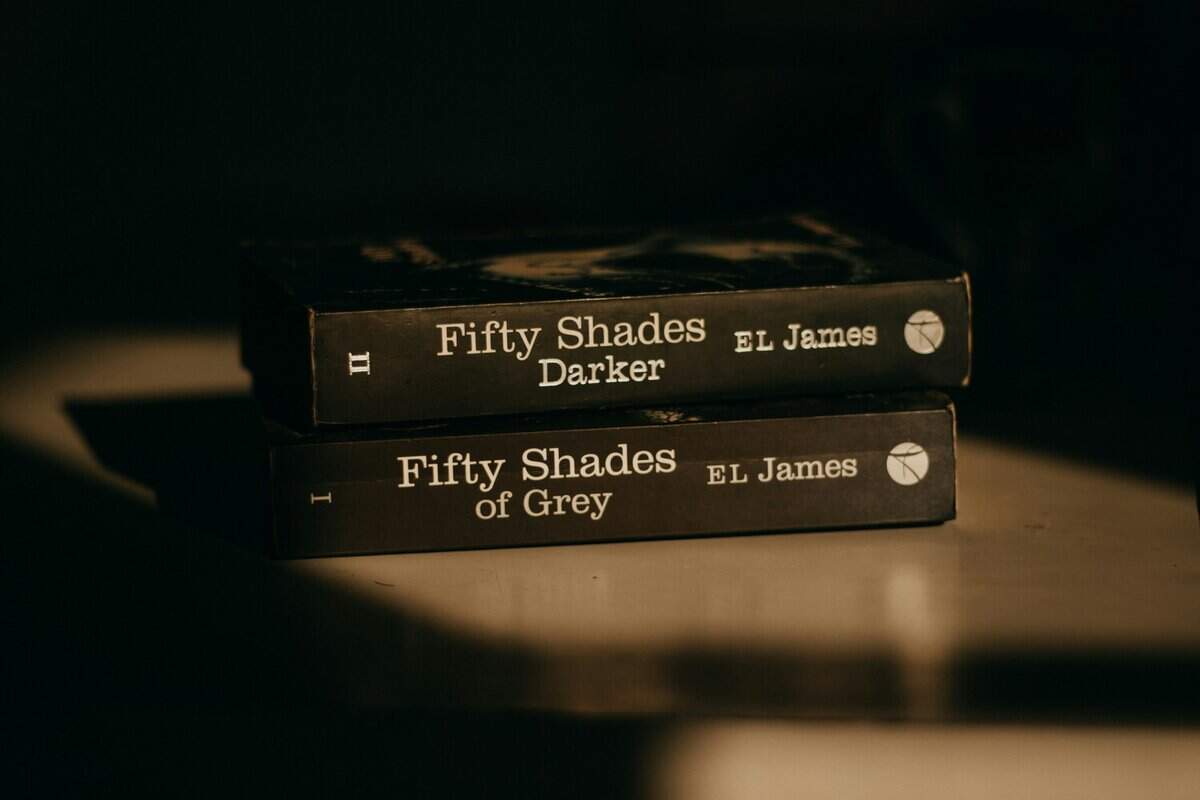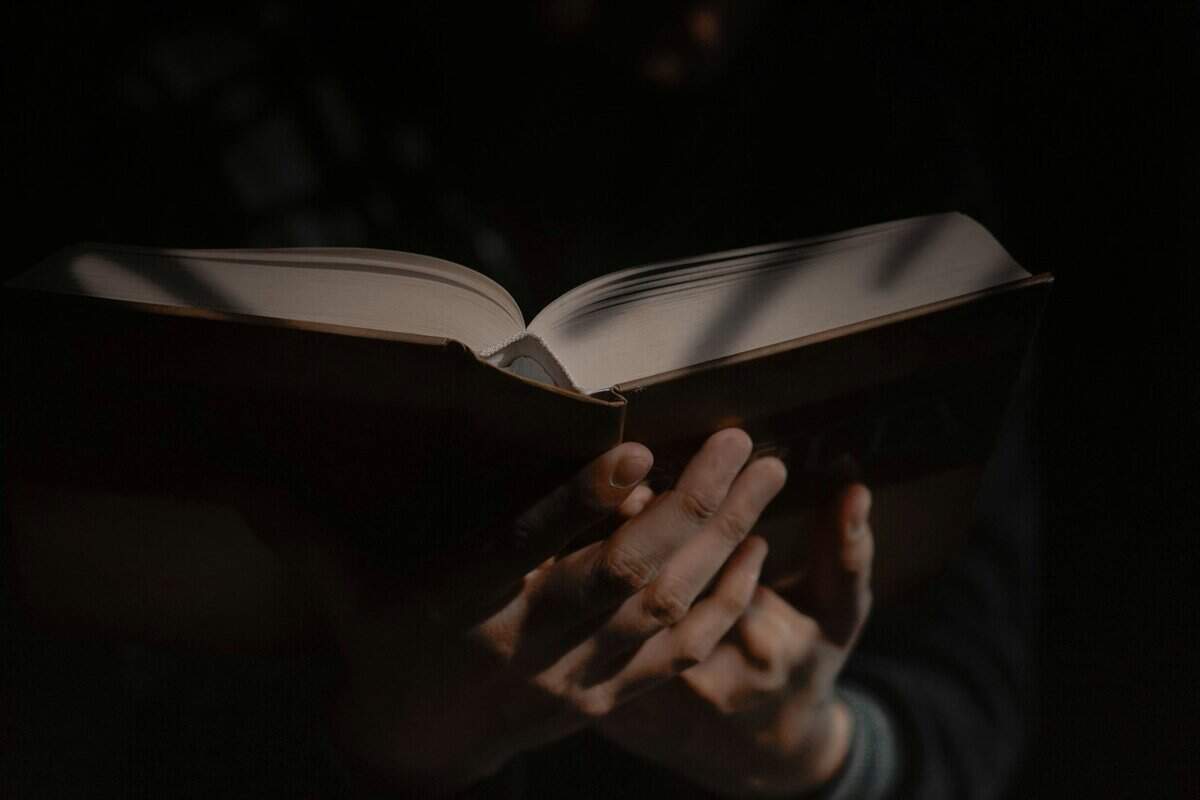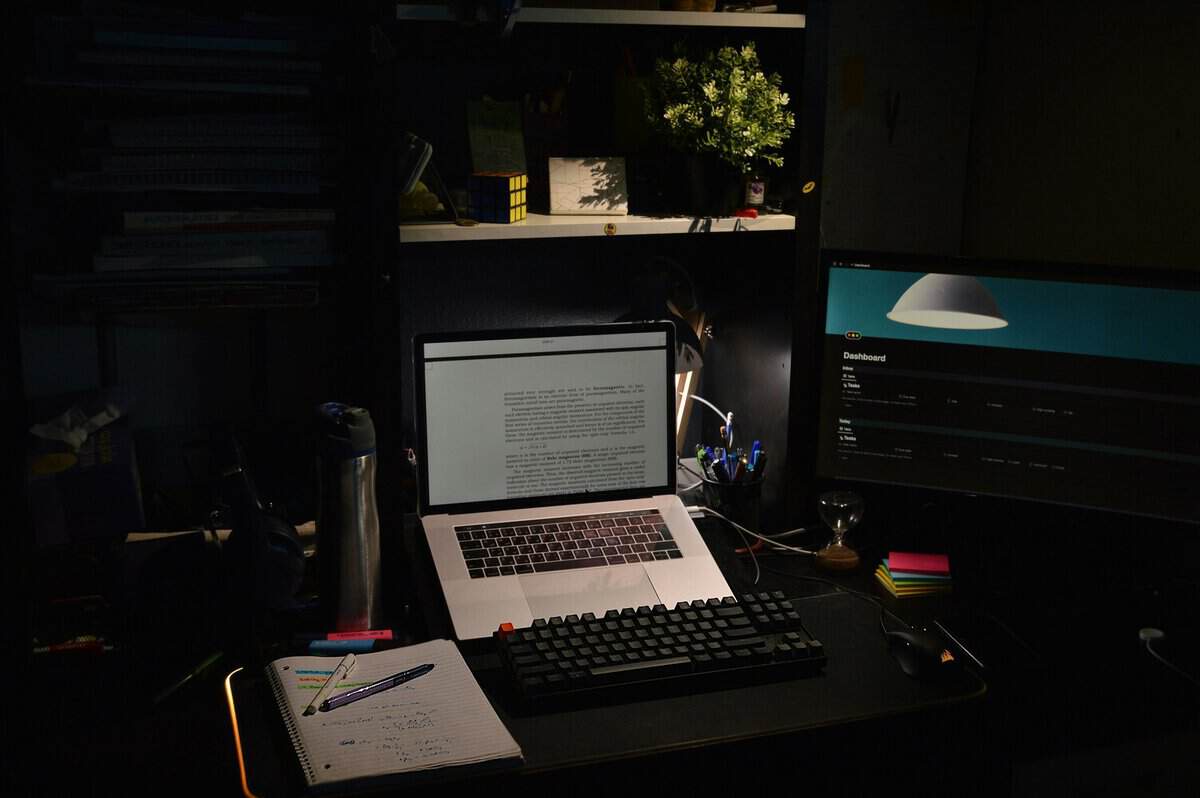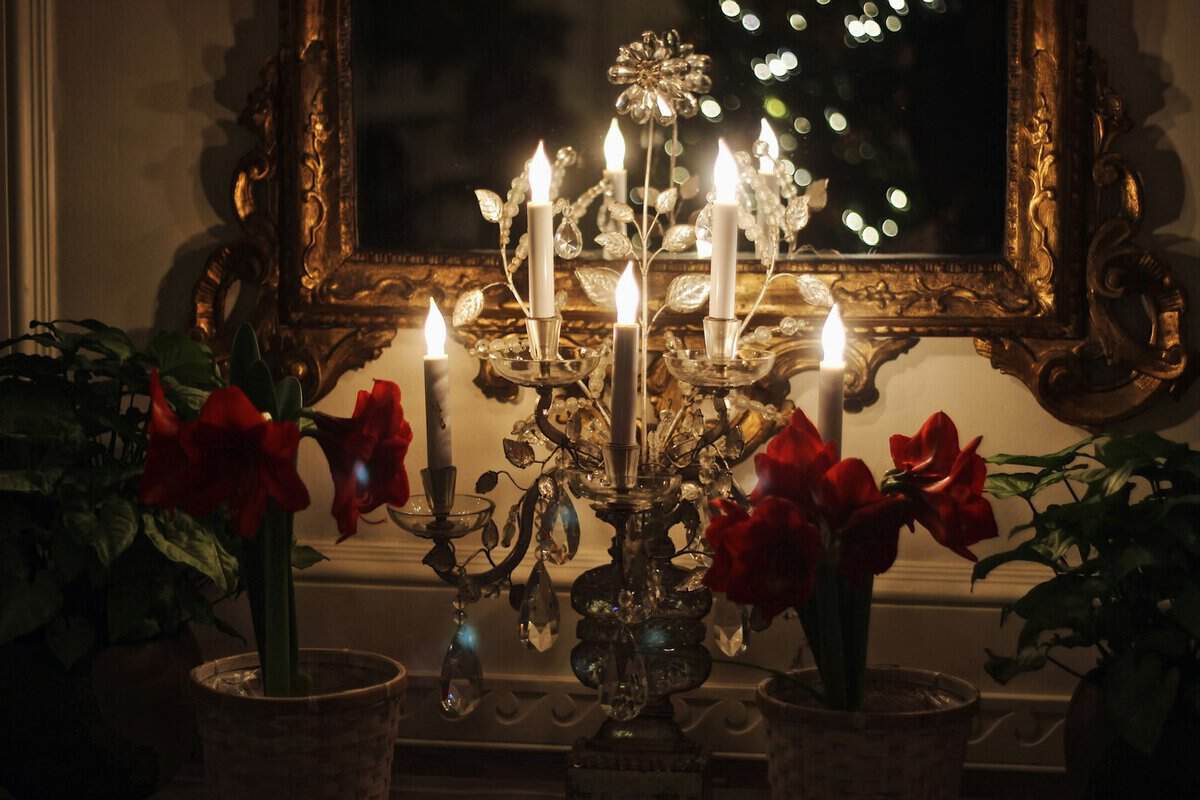BookTok, Instagram reels, and bookstore shelves all make one thing clear: dark romance is everywhere.
It started out innocent enough – who doesn’t love a bad boy with a troubled past or a villain trying to find their way to redemption?
But somewhere along the way, dark romance evolved into something else – something darker than most of us bargained for.
And unfortunately, a whole generation of young readers is soaking it all in, mistaking these stories for the real deal.
Let’s take a closer look at what this genre is realmente ensino us, and why it might be time to rethink what we’re consuming.
1. Villains, Not Misunderstood Heroes
Once upon a time, many of us romanticized the misunderstood bad guy who had a soft spot for the heroine.
Now, those are just straight-up villains – abusive, manipulative, and often downright aterrador!
The charm of the misunderstood bad guy has been replaced with characters who thrive on control and power.
Instead of reading about characters who are flawed but redeemable, readers are encouraged to root for the most toxic behaviors.
This blurs the line between romance and danger, making it seem like love means tolerating abuse or chaos.
Romanticizing villains to this degree doesn’t just distort love; it normalizes unhealthy behaviors that have real-life consequences.
2. The Missing Redemption Arc
In classic love stories, we love a good redemption arc – bad guy solves his issues, turns good, and love heals all wounds.
But in dark romance, redemption is often a myth.
Many of these stories depict villains who are beyond saving, yet still somehow gain love.
This sends a message that toxic, destructive behavior is just another obstacle to overcome, instead of a red flag.
It promotes the idea that if you love someone enough, they’ll change, which is dangerously false.
Real love isn’t about fixing abusive people; it’s about mutual respect and feeling safe with each other.
Promoting redemption in this context can lead readers to ignore warning signs in real relationships.
3. Love as Control and Perversion
Dark romance often confuses love with obsession, control, and perversion.
Instead of mutual understanding, these stories focus on submission and power plays. The line between passion and abuse gets blurred, making controlling behaviors seem glamorous.
Authors are trying to portray it as just an intense love, but in reality, healthy love is based on trust and equality – not manipulation or humiliation.
When popular stories romanticize control, they risk normalizing toxic dynamics that can be incredibly harmful in real life.
4. The Quick Fix of Love
Unlike traditional love stories that develop characters and relationships over time, dark romance often offers quick hook-ups – often with very little regard for profundidade emocional.
It’s about instant gratification, harsh passion, and superficial bonding.
This creates a distorted view of love as fast and fiery, rather than something built on trust and understanding.
Young readers might come to believe that true love is about drama and reckless passion, rather than patience, communication, and mutual growth.
It’s like replacing a meaningful relationship with a fleeting, toxic encounter that leaves emotional scars.
5. Dehumanization and Objectification
Many dark romance books depict love in a way that strips characters of their humanity.
The love interests are often reduced to objects of desire or trophies, rather than complex individuals.
This dehumanization makes it easier for readers to ignore the emotional and psychological toll of abusive dynamics.
It reinforces the idea that love is about possession or conquest, not genuine connection.
Quando readers internalize this, they might accept toxic behaviors as normal or even desirable in real relationships, which is a dangerous mindset to have.
6. The Impact on Young Minds
You may argue that we shouldn’t believe everything we watch or read, but the fact is that the media we consume shapes our worldview.
This is especially true for young people, who are still trying to figure out love and relationships.
Dark romance’s glamorization of toxicity can influence impressionable minds, leading them to accept unhealthy behaviors and normal or romantic.
The stories often lack realistic boundaries or consequences, giving readers a skewed view of relationships.
Over time, this can normalize manipulation, emotional abuse, or even violence.
Instead of teaching respect and kindness, this genre risks teaching that love involves suffering or domination, which is a seriously alarming message!
7. The False Promise of Fated Romance
Many dark romance stories play heavily on the idea of fated love – pairing characters who are fundamentally incompatible or toxic.
This romanticizes obsession and unhealthy attachments, making readers believe that love is about enduring chaos or pain for the sake of destiny.
It’s a dangerous idea that can lead to codependency or staying in abusive relationships because “they’re meant to be.”
Healthy love doesn’t require suffering, but it does require compromise and growth.
This genre ignores these crucial aspects, skewing the way young people perceive what love should be.
8. The Lack of Real Boundaries
A recurring issue in dark romance novels is the neglect of genuine consent and boundaries. Characters often skip communication or mutual agreement.
This sets a terrible precedent, implying that coercion or pushing someone’s limits is part of a passionate relationship.
In real life, love requires mutual respect and patience above all else.
These stories send an incredibly dangerous message.
It’s a reflection of a culture that celebrates toxic persistence over healthy communication, and it needs to be challenged.
9. The Need for Better Stories About Love
If dark romance continues to dominate shelves and screens, we risk normalizing toxic, unhealthy relationships.
We need stories that promote respect, kindness, and genuine connection alongside witty banter and passion.
Books, shows, and movies shape our expectations and experiences of love – so it’s time to demand better narratives that don’t glorify abuse or toxicity.
Love isn’t about suffering for the sake of passion; it’s about partnership, trust, and mutual care.
Rethinking dark romance means choosing stories that inspire healthy relationships.
What we read today influences the choices we make tomorrow.
A little Aquarius, devoted to writing and embroidery. Through my writing, I hope to empower readers to align with their true selves and navigate life’s mysteries with confidence.










